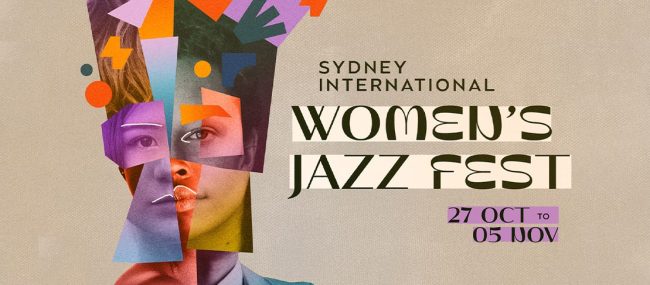A snapshot of Ghoema, Kratoa & Seven Steps, D6 on Dial Afrika
Kratoa of the Goringhaicona was born around 1642 at the emerging Khoena settlement on the banks of the Camissa River which flowed from the Great Hoerikwaggo Mountain to the sea. Kratoa who was well connected to the royal houses of different Khoena clans, lived a short life spanning only three decades. From the age of 15 years Kratoa’s service to the VOC (Dutch East India Company) transformed to become that of interpreter, emissary and negotiator. The VOC Commander Jan van Riebeeck studied Kratoa Like a hawk as she was manipulated to provide the VOC with intelligence and as much strategic advantage as possible. He mistrusted her and cultivated back up interpreters to catch her out. Kratoa turned diplomacy into an art, playing a chess game with van Riebeeck and his journal shows that he suspected her of this.
The seven stone steps standing in the heart of District Six became one of those enduring symbols of District Six that still lives in the hearts of all who lived, loved, played and worked in District Six. The Seven Steps became a powerful representation of popular memory and the continuation of the Camissa footprint. District Six became Cape Town’s own Harlem on the edge of the city and had it’s roots as one of the first settlements of freed urban slaves after emancipation.Further back its community are the manifestation of the Camissa footprint – The Khoena Goringhaicona community who opened their arms to embrace the uprooted slaves
In the Cape the greatest symbol of our tapestry of cultural roots is the Ghoema drum and Ghoema beat, which derives from African, Asian and Malagasy sources and the word evolved from Ngoma, the east African name for drum. The way of the drum (Ngoma) is a description of the Ngoma faith of which most people only know the term Sangoma. The Mazbiekers enslaved brought the term Ngoma to the Cape with their drumming and locally it became Ghoema – The creolisation of Ngoma.



